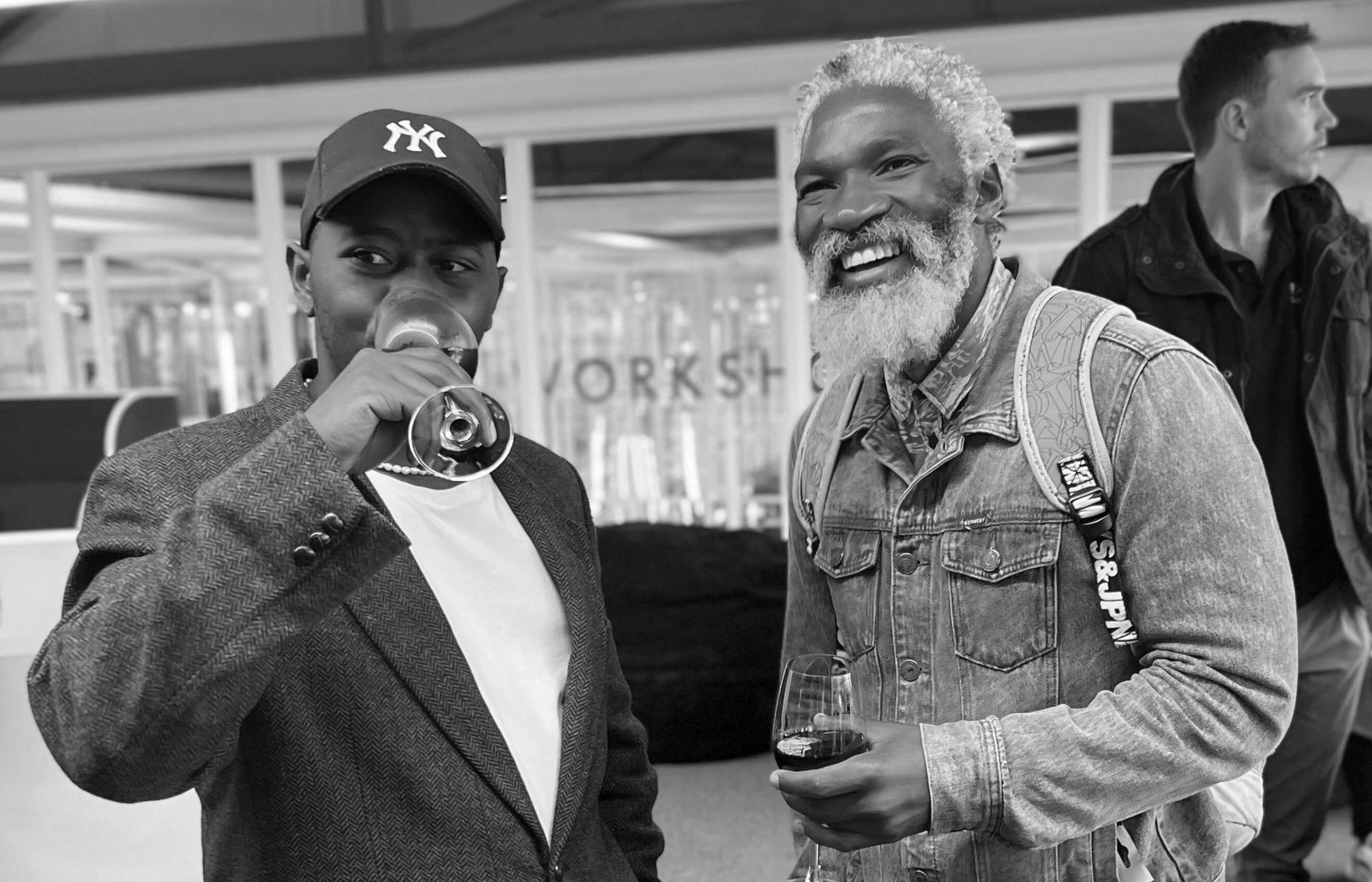Gut Brain
There is a scientist in Germany whose job is to study poop.
Her name is Giulia Enders. She is a gastroenterologist and is probably best known for her part in the Netflix documentary The Secrets Of Your Gut.
More specifically, Enders studies how our gut does way more than process food into waste. A growing body of evidence suggests that the term ‘gut brain’ is not just a metaphor.
One of the most fascinating and least understood concepts in medicine is the link between intuition and the enteric nervous system (ENS).
It is a nuanced and emerging field, but the spoiler alert is that there actually is a good reason to ‘trust your gut’.
After 25 years of running businesses (and hanging out with other peeps that also run businesses), I’ve seen the value of instinctive wisdom - over and over.
When something doesn’t feel right, it usually isn’t.
When something does feel right, it usually is.
There is wisdom gleaned from our collective experiences that provides clues and signals when we’re confronted with difficult decisions.
Another layer to this is our unique experience as a species over millions of years.
Swiss psychologist C.G. Jung coined the term ‘collective unconscious’ to help explain it from a scientific perspective. This refers to the inherited knowledge and information gleaned from humanity.
Jung’s idea gave a plausible explanation to the extraordinary decision-making ability of humans.
Collective unconscious is a controversial concept, one that evolutionary biologist Richard Dawkins has venomously derided as “Nonsense!”
Dawkins, as it happens, is no fan of Jung.
One of the most respected business leaders of the 21st century, Sébastien Bazin would disagree.
Bazin is the Chairman of the hospitality group AccorHotels. He is credited with growing Accor into one of the largest companies in the world during his tenure.
When interviewed by Fortune.com, Bazin reveals that he has been fascinated by the idea of intuitive intelligence in business.
“After 25 years in finance and being successful enough, I had no idea whether I was lucky or smart.”
When it comes to decision-making, Bazin first trusts his instincts: “What is my stomach telling me of that situation? Then I need to go to the heart, as it’s going to tell me how the decision will impact others.”
“The brain tells you one thing, which is the timing upon which you need to make a decision. Anybody who starts with the brain will probably make the wrong decision 80% of the time.”
At Heavy Chef, we put significant weight on intuition. In fact, we’ve even hard-coded it into our Ingredients (our mix of purpose, values and mission). We have a saying that we repeat often in our meetings, “Start with feelings. Finish with Facts.”
I’m writing this newsletter in the midst of redesigning the Heavy Chef learning platform from the ground up.
The project requires scores of critical decisions each week. Which colour to use for action buttons? What is the right amount of cooking terminology to use in the communication? Rounded buttons or sharp corners? Neutral backgrounds for the Recipes?
We discuss these questions at length. We throw out a number of answers and then choose what we feel is correct.
Something that’s been truly intriguing has been the revelation that, more often than not, the answers that we blurt out first have been the correct ones.
There is initially no rationale to these answers, just pure instinct.
After a rigorous process of testing and discussing and rationalising, backwards and forward, the ‘right’ answer reveals itself as the same one we instinctively put forward in the beginning. (I put ‘right’ in apostrophes because the process is always iterative; it’s continually evolving.)
Sometimes, this process is magical - like some kind of higher power is being channelled.
Of course, luminaries such as Richard Dawkins would likely call ‘bullshit’ on that.
Giulia Enders, on the other hand, would likely confirm that this stuff is not all just shit-talk. “We treat our bowels like a distant cousin we’d rather not have to acknowledge, but it’s more like your second brain and it throws a tantrum when ignored.”
“It’s funny how nature gave us a really clever gut,” says Enders. “Then it made us sit on toilets that work against it.”
Start with feelings.
Finish with facts.





